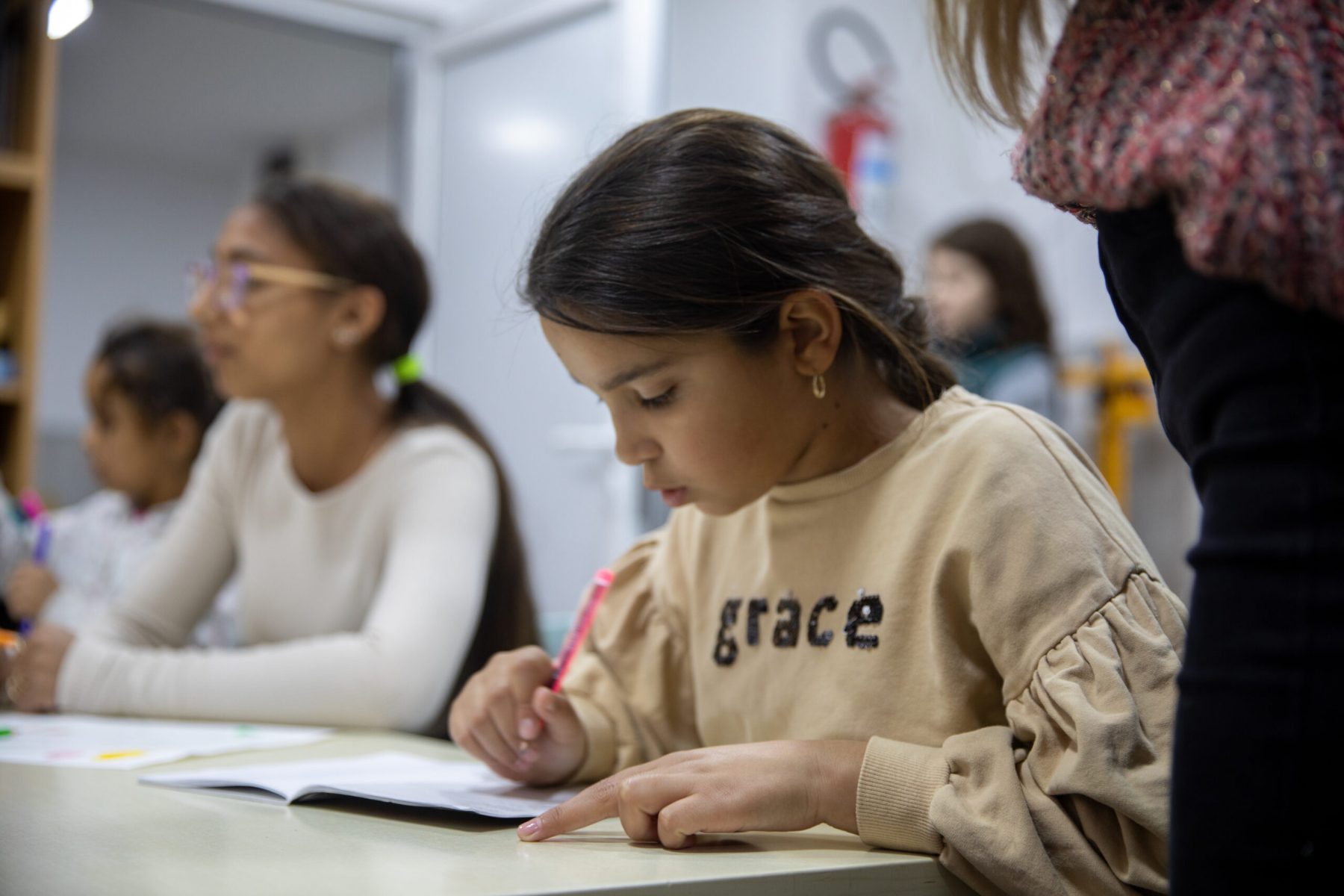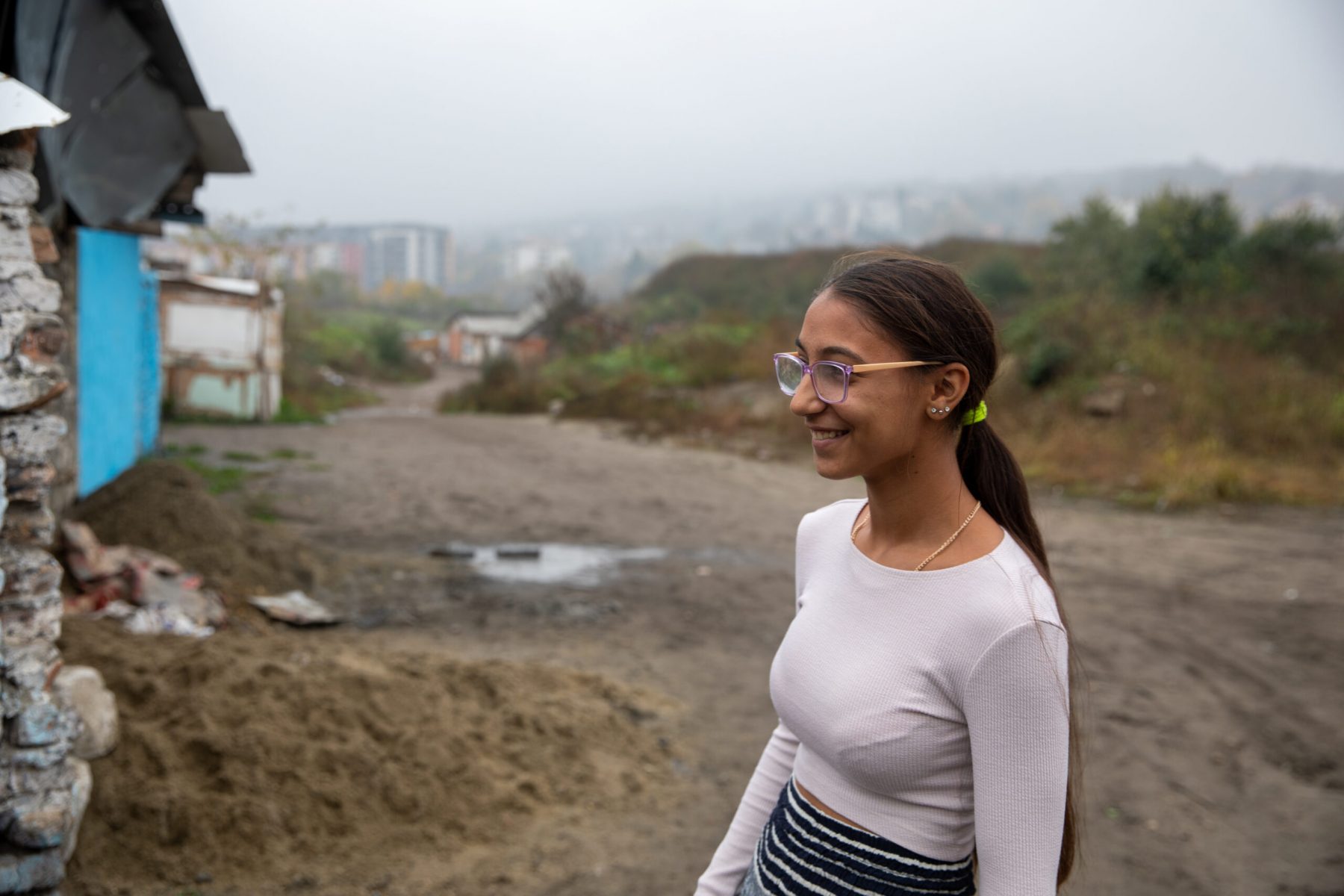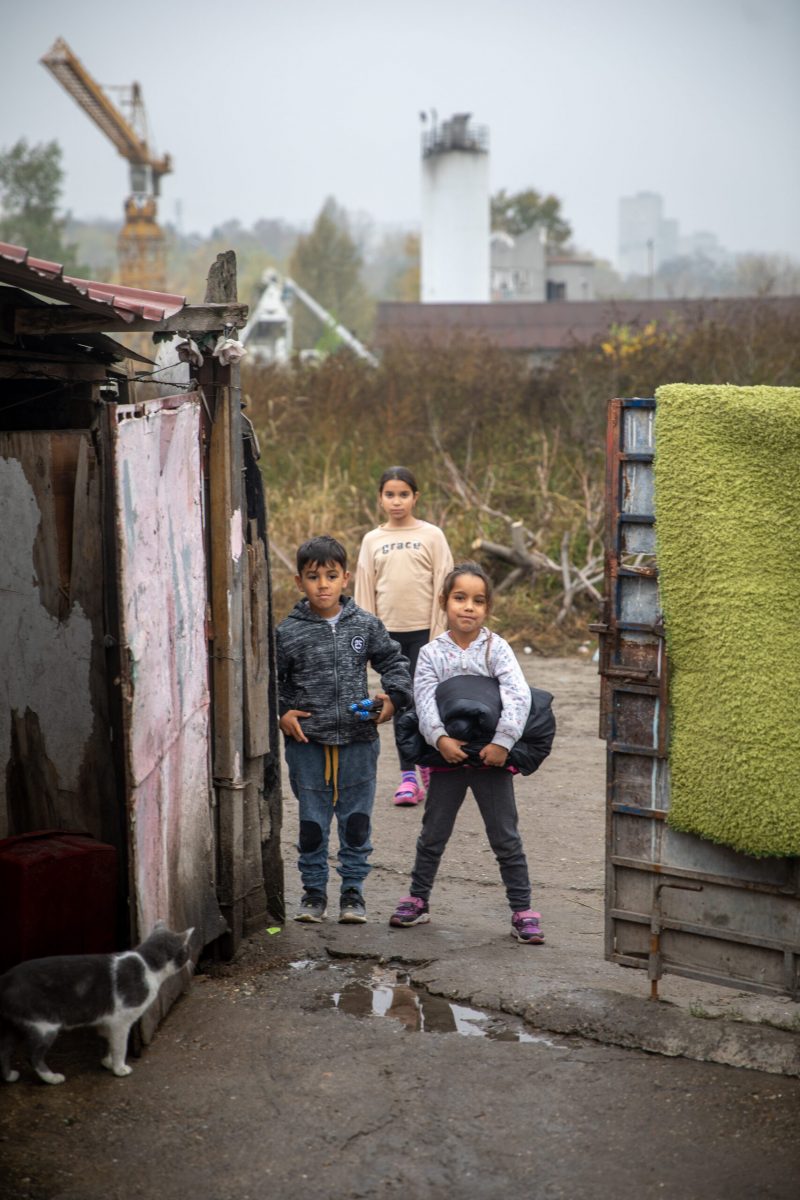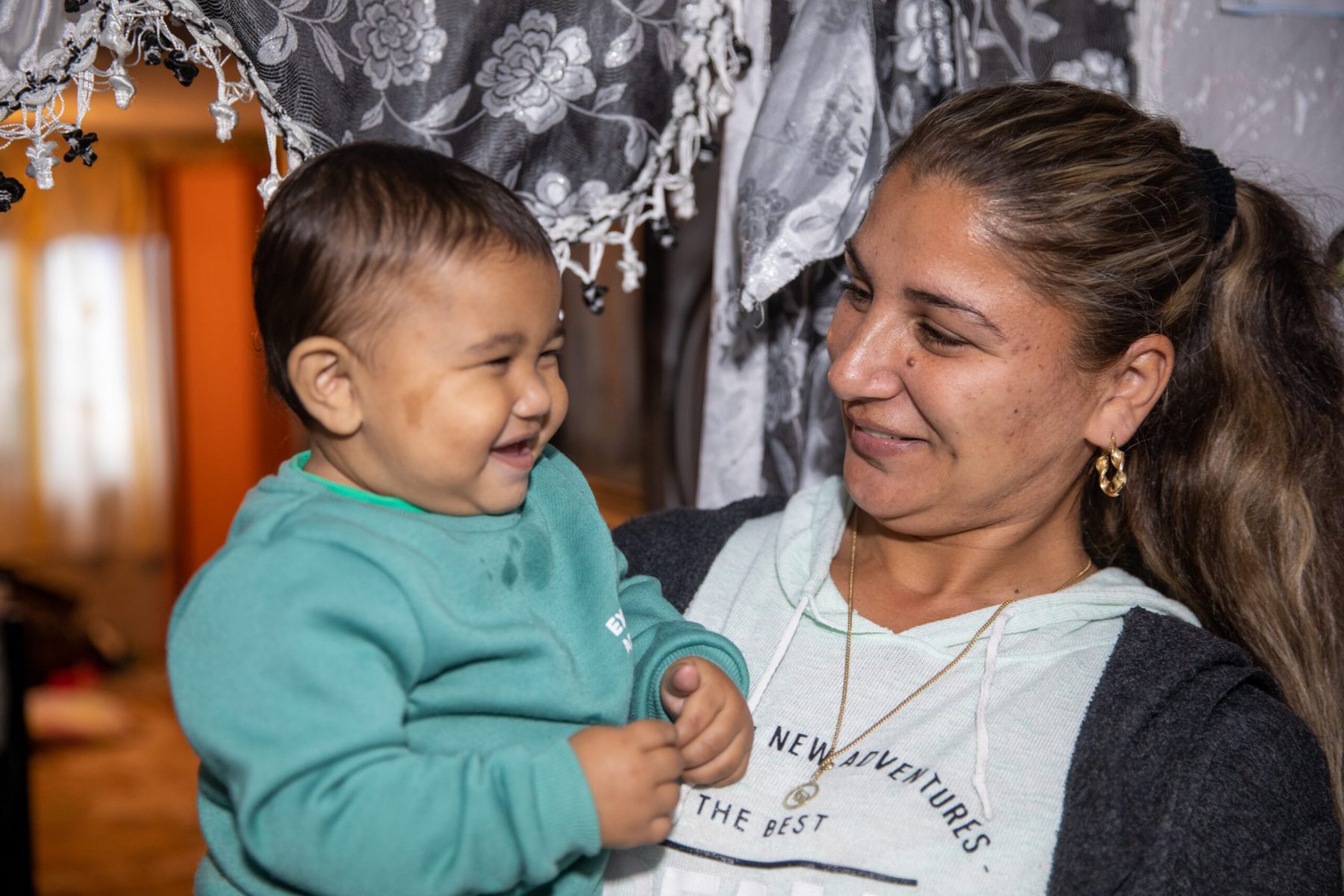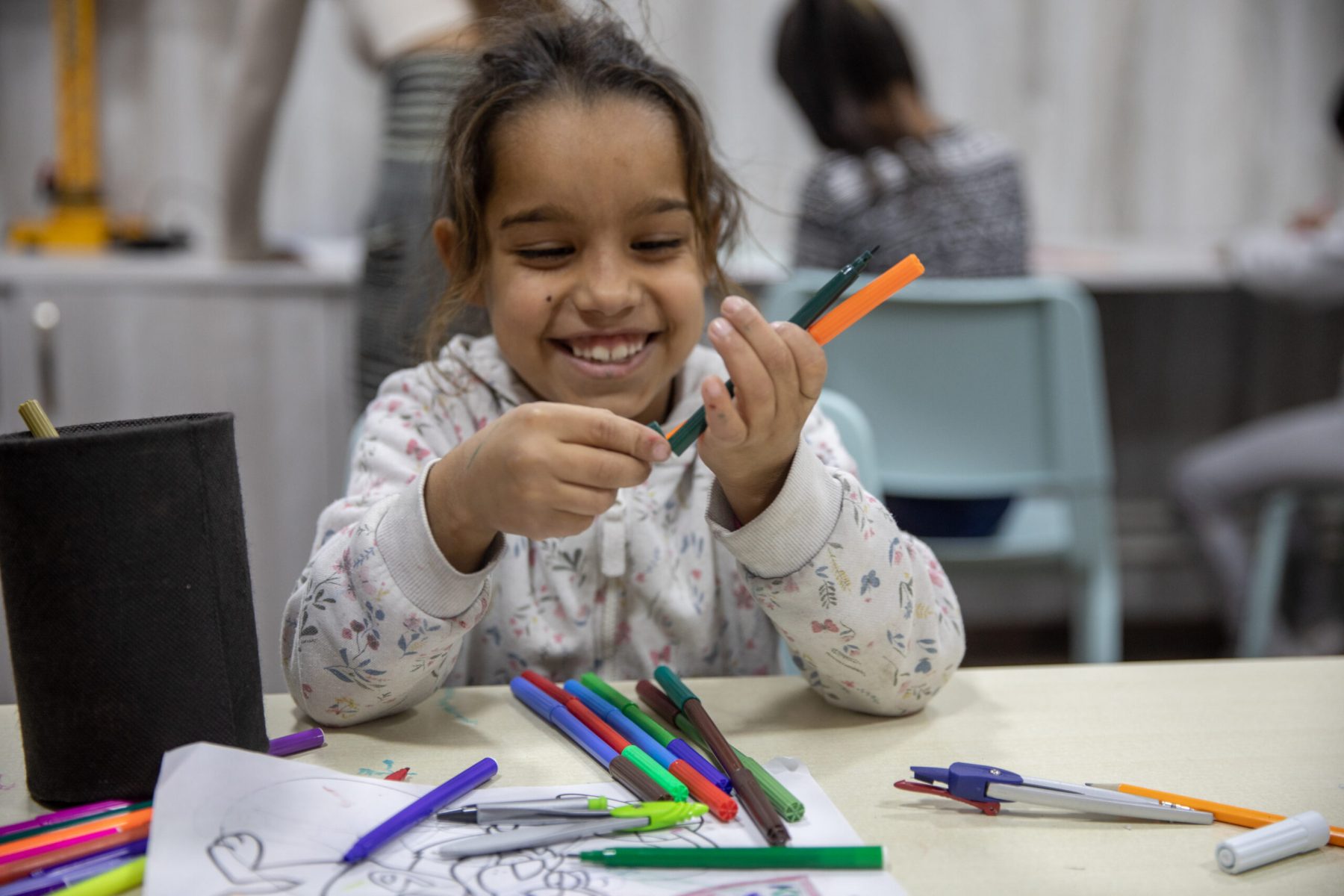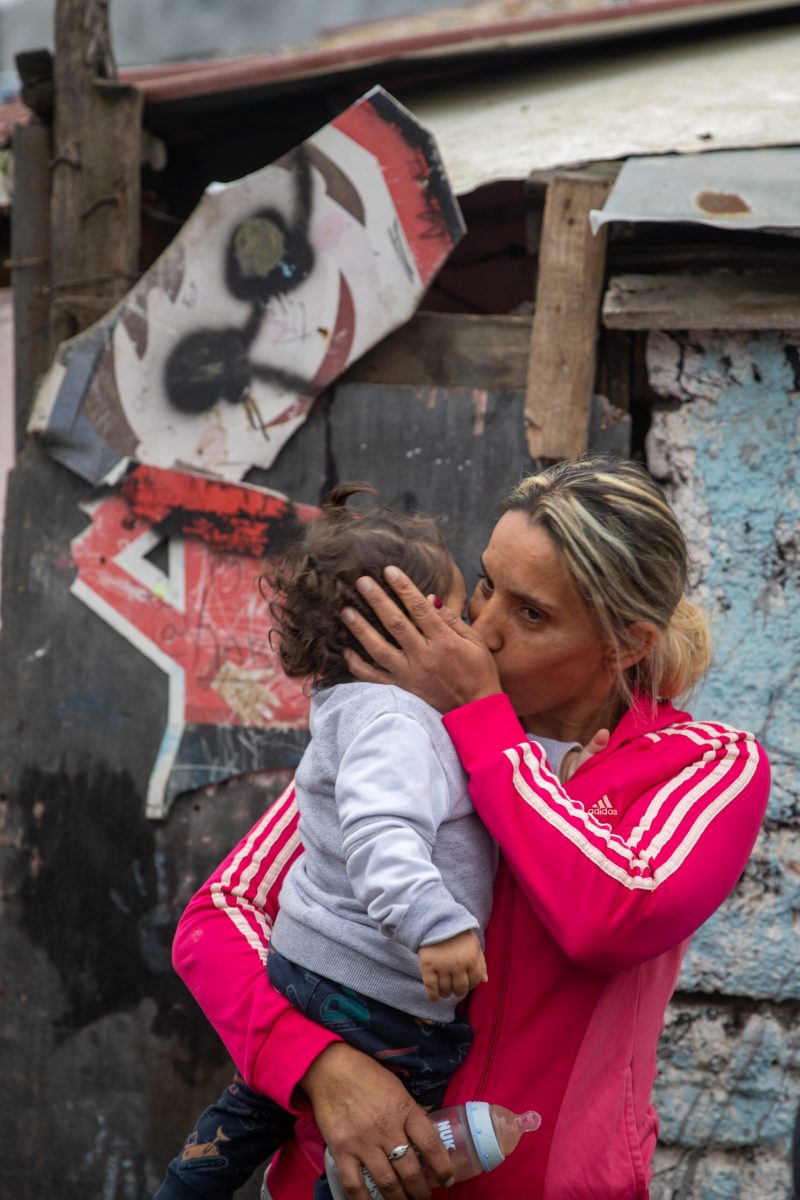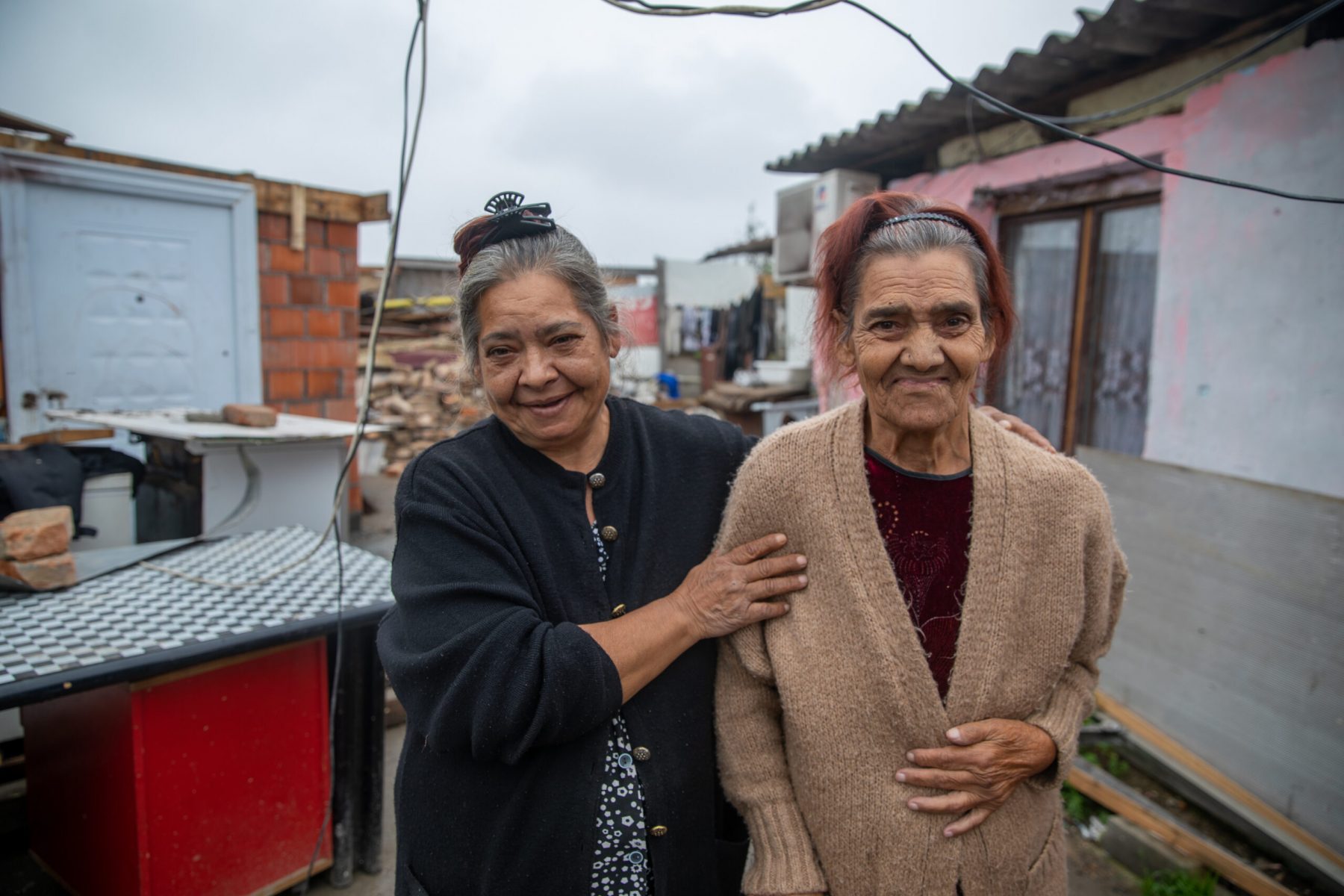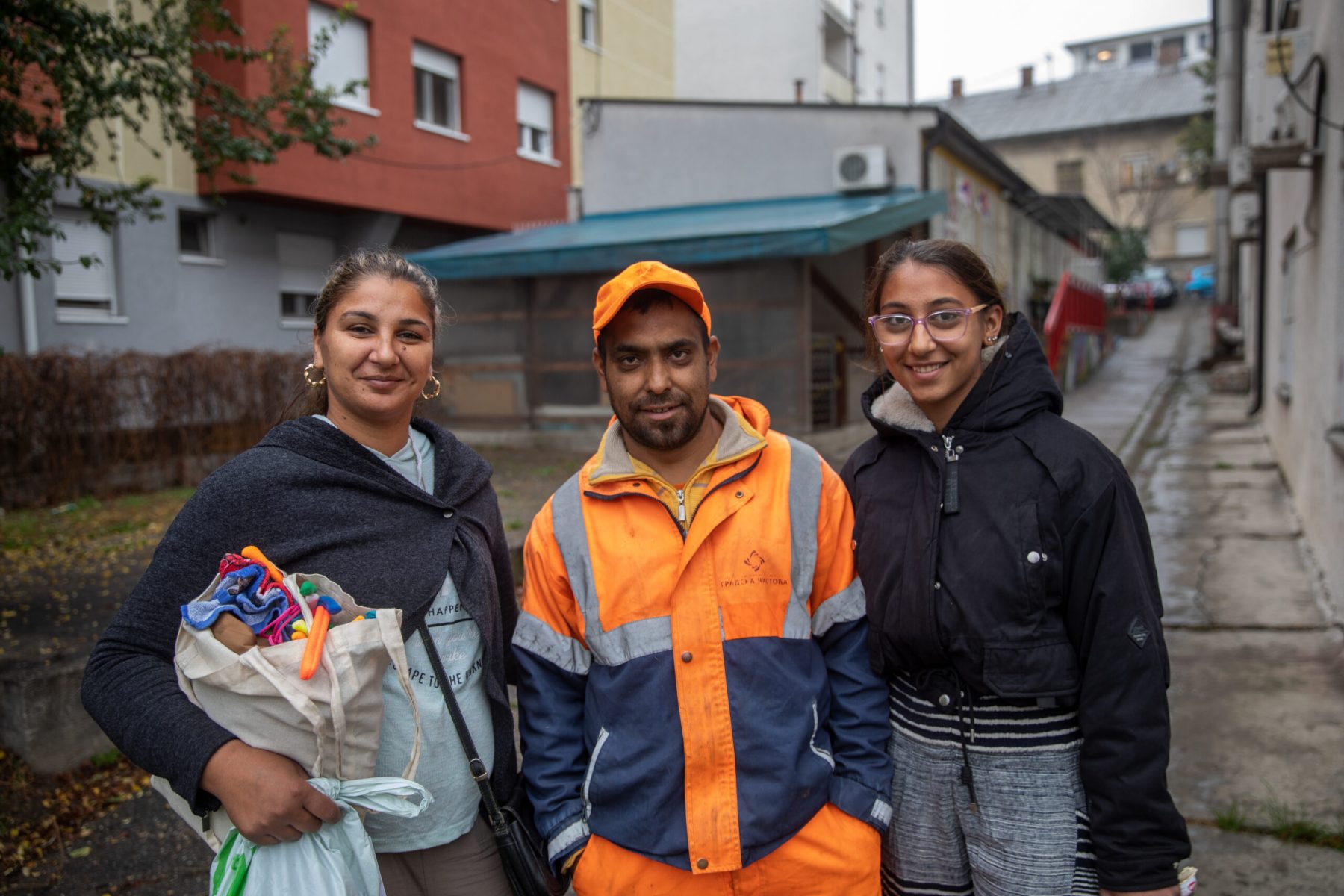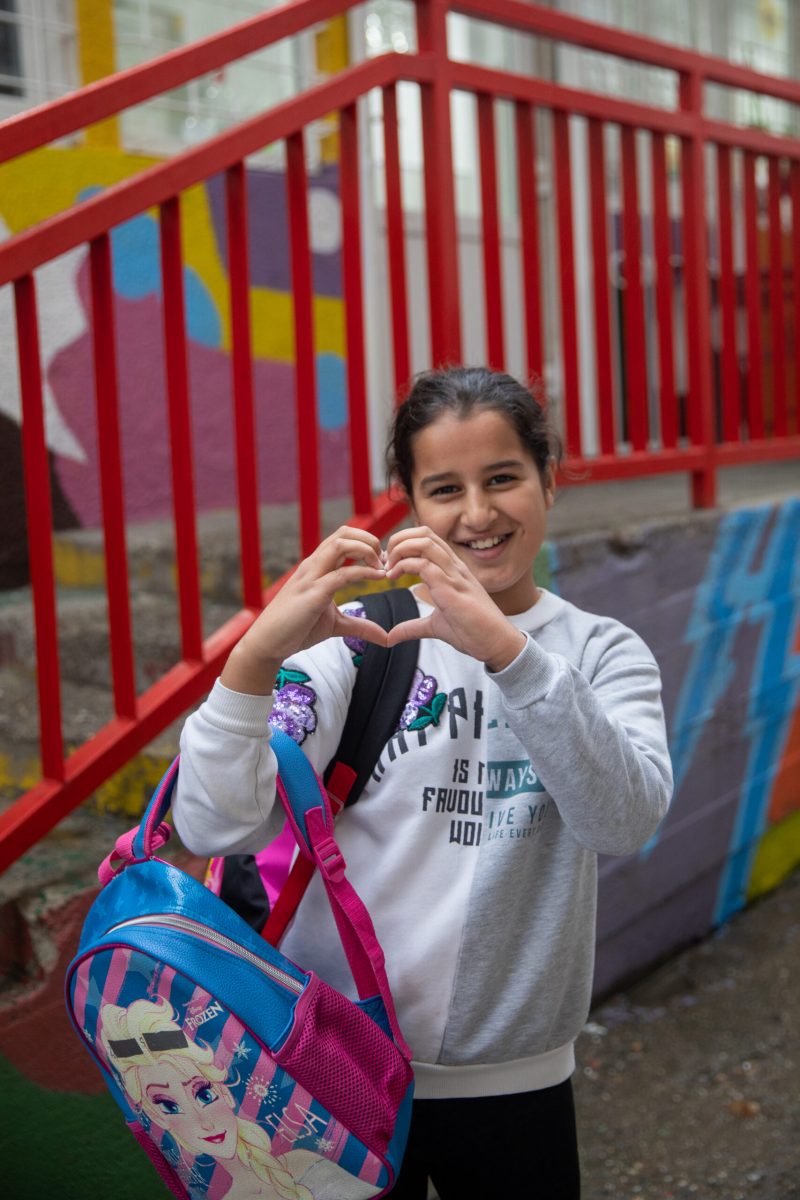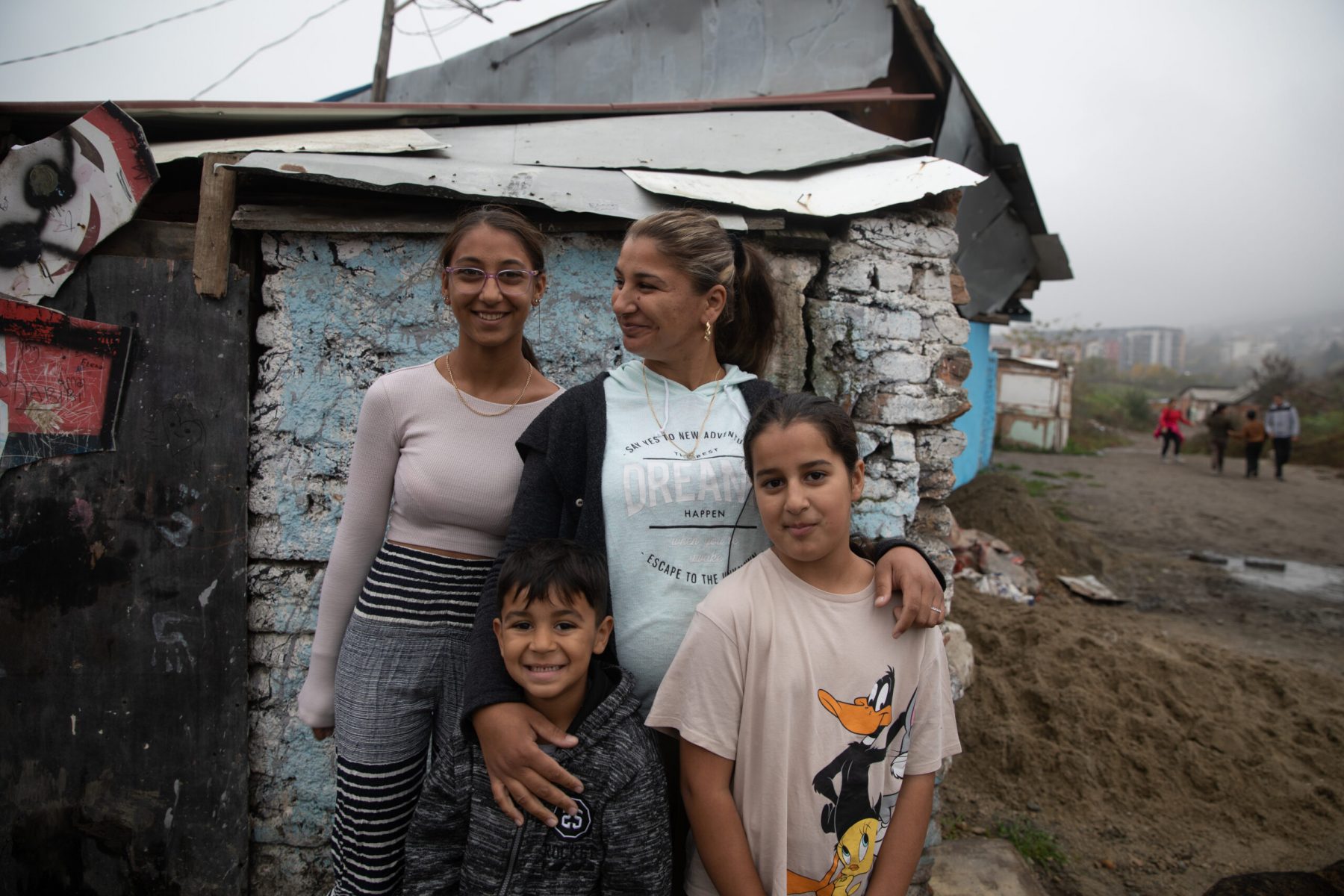Members of the Romani community in Belgrade, Serbia
For centuries, the Romani have been one of Europe’s most marginalized and discriminated groups. While they are most known for their presence in Europe, the people in this group live all around the world and may even be neighbors in your community.
Unfortunately, due to their long history of oppression and stigmatization, the Romani people are often rejected and excluded by the countries they live in. Poverty holds a tight grip on this community which struggles with employment, low literacy and education rates and continued ostracisation due to societal misconceptions.
At CWS we want to break this cycle, challenge misconceptions and make space for our Romani neighbors to live the lives they deserve. The first step is getting to know this community.
Let’s begin with a brief review of their history. Most historians believe that Roma people are an ethnic minority who migrated from Northern India to modern-day Iran in the 11th century and eventually spread throughout Europe between the 14th and 15th century. Roma people arrived with all sorts of valuable skills, from art to agriculture to music, and at first, they were welcomed by society. Unfortunately, these attitudes shifted quickly and the Romani began to be seen as outsiders. Until the 19th century, many Romani were enserfed or enslaved in many parts of Europe. During World War II, thousands of Romani were sent to concentration camps, and an estimated 250,000 to 500,000 were killed.
This history has led to severely damaging stereotypes about the Romani. Although they prefer the name “Roma” or “Romani”, they are often called “gypsies” which is both inaccurate and derogatory. This pejorative was first created under the false assumption that the Romani came from Egypt. Today, it is associated with harmful false portrayals of Roma people as dishonest and immoral. These stereotypes continue to marginalize Roma people and contribute to discrimination, leaving many trapped in poverty and adverse living conditions.
Today, Roma people continue to be excluded and highly vulnerable members of society. Most Roma families live in informal settlements outside the city, often lacking heat, running water and/or electricity. Discrimination, improper documentation and lack of education have limited employment opportunities for Roma people. As a result, most Roma individuals make their living by collecting and selling recyclables; a practice that barely covers their basic needs. To support their families, Roma children often partake in street work like selling items and panhandling. This exposes them to many risks including discrimination, child labor, sexual exploitation, human trafficking, substance abuse, disease and inadequate nutrition.
CWS programs support Romani communities across Europe with access to critical services.
In Serbia, we partner with the Center for Youth Integration in Belgrade to help children have a better future. Our Drop-in Shelter program for Roma children serves approximately 400 children annually and gives them a safe space to play, get educational support, eat a warm meal, take a hot shower and receive donations for themselves and their families. CYI also works with parents to support their children’s education, and partners with schools to address the needs of Roma children. Based on research from 2020, 81% of program participants remained in school. This is more than double the city average for Roma children.
In Moldova, where we have been supporting Ukrainian refugees, we recently developed a new program to make sure Roma refugees from Ukraine are also supported. In partnership with the local organization Romni, we’re working to address the specific needs of Roma refugees and connecting them to Roma mediators who facilitate access to local resources and services.
This International Romani Day, we invite you to help us uplift our Romani neighbors, protect their rights and make space for them in our communities around the world.
You can start small by removing the word “gypsy” from your vocabulary and using “Roma” or “Romani” instead. Encourage your friends to do the same and help us fight against harmful stereotypes.
You can also make a big impact by taking action and supporting our programs in Serbia and Moldova.
Together we can lift up Roma communities, hear their stories and create a more inclusive and kinder world for all.
We are grateful for our valued partner, the Evangelical Lutheran Church in America (ELCA), for their support of our Roma inclusion programs in Europe.

